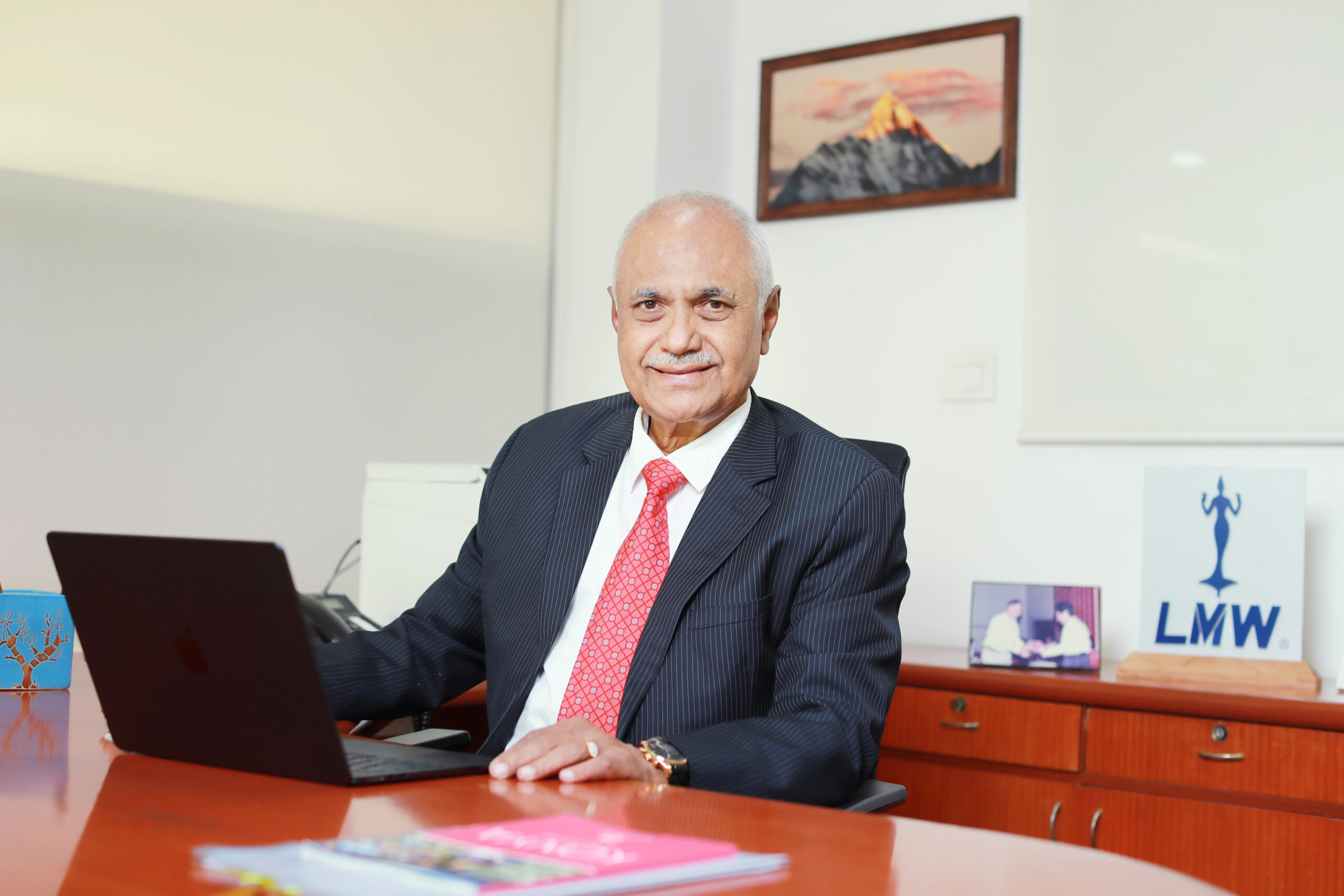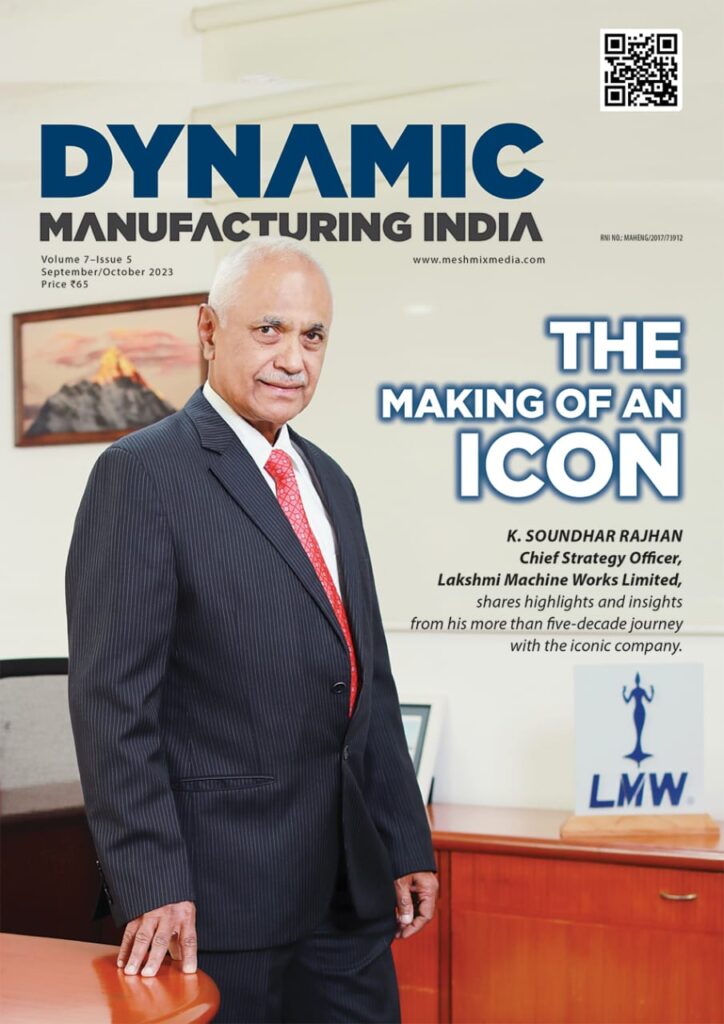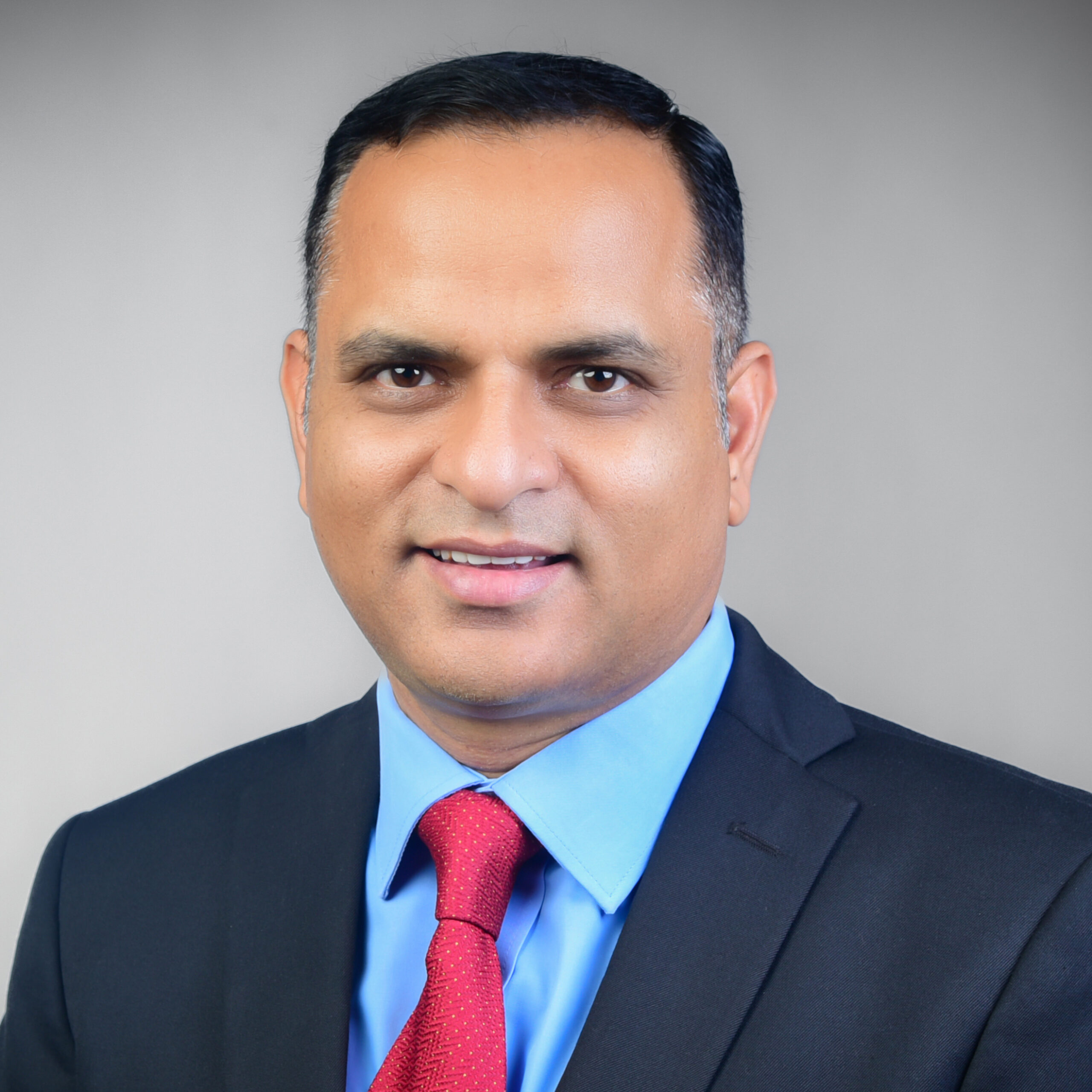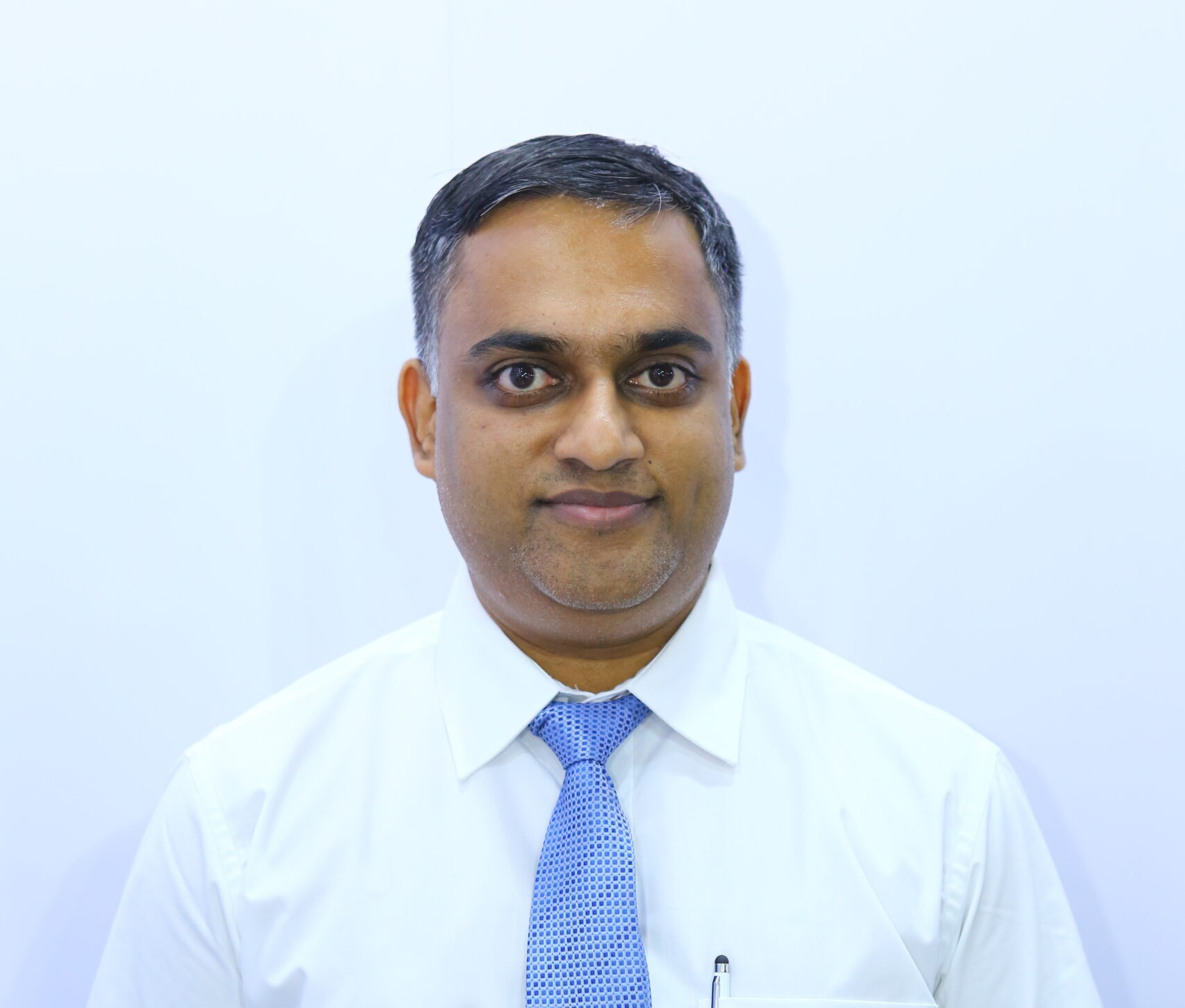K. Soundhar Rajhan, Chief Strategy Officer, Lakshmi Machine Works Limited, shares highlights and insights from his more than five-decade journey with the iconic company

The Making of an Icon
Established in 1962, Lakshmi Machine Works Limited (LMW) stands as a prominent Indian textile machinery manufacturer, uniquely positioned globally as one of three producing the complete range of textile spinning machinery. Beyond textiles, LMW also manufactures CNC Machines, high-precision Foundry Castings, and components for the aerospace and defense sectors. Serving customers in 63 countries, LMW delivers world-class products and services, backed by 60 years of engineering and manufacturing excellence. With a workforce of over 5000, the company boasts a turnover of INR 45,000 million and over 45 years of R&D experience. Operating seven manufacturing facilities in India and two worldwide, LMW continues to lead in innovation and quality.
Recently, we engaged in an insightful conversation with K. Soundhar Rajhan, LMW’s Chief Strategy Officer (CSO), who shared highlights and lessons from his five-decade journey with LMW. The following edited excerpts offer rare insights into the shaping and nurturing of this iconic company.
Q1. Lakshmi Machine Works (LMW) Limited is a leading textile spinning machinery manufacturer. It figures among the few select global companies such as the Swiss manufacturer Rieter, that produce the entire range of spinning machinery. Founded sixty-plus years ago to provide Indian textile mills with the latest spinning technology, LMW diversified into Machine Tools in 1988 where it is regarded as a brand leader.
Please share with our readers your experience and the main insights into leadership and growth you gained during your years with LMW.
A. I joined LMW as a management trainee in 1971 and, upon completing my training in 1973, transitioned to the purchasing department in Coimbatore. Subsequently, I was assigned to the Chennai Office, gaining experience in compliance, shipping, exports-imports, and liaising with statutory authorities. In 1997, I relocated to Coimbatore to lead the supply chain management function as it evolved into an integrated discipline. In 2009, after completing the Advanced Management Program at Harvard Business School, I moved to China to establish and head LMW’s greenfield project for manufacturing textile spinning machinery. Returning in 2015-16, I headed the Machine Tool, Foundry, and Aerospace divisions. Joining LMW’s Board in 2017 until 2023, I now lead the company’s strategy function. A significant highlight of my 50-year career with LMW is the experience of having worked with LMW’s Founder Chairman Dr. G.K. Devarajulu, and subsequently with his son, past Chairman and Managing Director, Dr. D. Jayavarthanavelu, and presently continuing to work with the current Chairman and Managing Director, Sri Sanjay Jayavarthanavelu.
Q2. Thank you for sharing with us over five decades of edifying experience which includes, among all these rich experiences, the opportunity of working with the founder of the group and the generations that have followed and made the group a leader in textile machinery. Thank you! Can you also share your observations of how the founder chairman and the successive leaders went about establishing a great company – factors that proved to be so successful in making the company reach the iconic status that it has today?
A. First and foremost, Dr. G.K. Devarajulu (GKD) founded Lakshmi Machine Works (LMW) with a noble purpose – promoting self-reliance, echoing the present Atma Nirbhar Bharat initiative. In 1962, when LMW began, textile machinery played a crucial role in industrial activity, with few manufacturers in India. GKD aimed to equip the Indian industry with cutting-edge machines, partnering with the Swiss manufacturer Rieter. LMW, led by GKD, diligently secured licenses and met the criteria to bring advanced technology to India.
The second crucial aspect was GKD’s unwavering commitment to business ethics and customer satisfaction. LMW, under his guidance, established a rigorous code of ethical conduct, forming the bedrock of the company’s values. This commitment extends not only to customers but also to humanity, with services catering to various stages of life. Remarkably, even before mandatory Corporate Social Responsibility (CSR) spending, LMW initiated well-funded programs for community welfare. The company, driven by values of trust and responsibility, contributes to inclusive growth by supporting communities and accelerating development.
LMW’s CSR initiatives focus on four key areas: Health, Education, Infrastructure, and Economic Development. These efforts exemplify LMW’s dedication to societal well-being and progress, reflecting its responsible corporate ethos.
Q3. This is a highly inspiring account not only of a company serving society but also one of India’s and the world’s best companies that has been founded and established on the foundation of moral values. The next question is about LMW’s machine tools division which started in 1988 and is regarded as a brand leader today. Can you share with us the main objectives that shaped this decision? And whether these objectives have been realized.
A. After years of relying on imported mother machines, LMW made the strategic decision to domestically manufacture top-tier CNC machines for the Indian manufacturing industry. While most manufacturers transitioned from mechanically operated to CNC machines, Dr. D. Jayavarthanavelu, past Chairman and Managing Director of LMW opted to start directly with CNC technology. He ensured LMW partnered with Mori Seiki, a global leader in CNC machinery manufacturing. This decision proved to be a wise one. Today, with a 35-year history of delivering cutting-edge CNC machinery, LMW takes pride in manufacturing Vertical Machining Centers for DMG Mori, a testament to our enduring partnership and manufacturing prowess.

Q4. Today, besides being a leader in the manufacture and supply of Textile Spinning Machinery, LMW’s machine tools division caters to a whole range of industries including the automotive, auto ancillaries, and general engineering Please share with us your most in-demand offerings and technologies, and the best-performing industry sectors in your order book.
A. We take pride in serving leading OEMs and auto ancillaries in the automotive industry, a testament to the consistency of our quality. With a strong application engineering focus, we offer comprehensive solutions. Approximately 50% of our business comes from the automotive sector, showcasing our specialization in manufacturing auto components, including critical transmission parts like steering systems, gearboxes, and differentials.
LMW machines are preferred for precision machining across industries such as aerospace, medical devices, and die-mold manufacturing, meeting stringent quality requirements. In the aerospace sector, our Advanced Technology Center (ATC) produces high-quality systems, composites, modules, and components, utilizing some of LMW-manufactured machine tools.
The GKD Institute for Technological Resources (GKDITR), a unit of the GKD Charity Trust, relies on LMW’s CNC machine tools for challenging jobs. Additionally, LMW’s textile machinery division utilizes machines from our machine tools division.
Aside from technical capabilities, our management emphasizes customer connectivity, investing heavily in digitalization for quality, efficiency, and prompt deliveries. From lead to installation and post-installation, our marketing operations are fully digitalized, ensuring seamless customer interactions. As a pioneer, LMW offers online sales of spares (e-commerce) and operates a completely digital, paperless service system.
In the ever-changing global marketplace, we prioritize adaptability and agility to respond to economic conditions, market demands, and geopolitical factors. This approach ensures our competitiveness and relevance in diverse international markets.
Q5. LMW competes with major German, Swiss, and Japanese machine tools companies in the world’s major markets. Can you share with us some of the global best practices and values that multinational Machine Tool companies such as yours follow, and how those help in driving quality and service excellence?
A. Continuous learning is paramount for LMW, and it is a key global best practice in the machine tools industry. Our robust product development process relies on a strong R&D talent base, with guidance from Japanese experts. We actively engage in activities like lean manufacturing and accelerated competency development to enhance our manufacturing expertise. Our commitment to Total Quality Management is fortified by collaboration with leading experts from Japan. This holistic approach continually elevates every aspect of our operations, including Order Management, Factory Management, Supply Chain Management, and Inventory Management enabling us to face competition with confidence.
Q6. Recent global events have made global manufacturers consider a China-plus strategy. Can you share with us the top strategies and measures that need to be implemented by the industry and the government that could help India make the best of this opportunity?
A: I believe we are on the right track, especially considering India’s significant role in the global manufacturing arena. Leading global companies are making substantial investments in the country, and there’s a notable increase in exports of automobiles and accessories. The “China plus one” policy is gaining traction, reflecting a turning point for the industry with a promising future. Government efforts to propel the nation toward a $ 5 trillion economy are evident, supported by favorable market conditions and policies.
Multinational corporations establishing numerous R&D centers are transforming the industrial landscape, leveraging India’s intellectual capital and demographic advantage. Both central and state governments actively encourage and support industries. However, I emphasize the need for greater support for MSMEs, particularly in skill development and infrastructure. The government’s focus on skill development programs is encouraging, yet MSMEs require more assistance in areas such as energy cost, land availability, and cost. Despite challenges, the emergence of industrial estates and the use of technology to provide solutions, like the extension of single-window clearance facilities for investors are steps in the right direction. To share a great example, Guidance Tamil Nadu, the state’s nodal agency for investment promotion and single-window clearance, is doing exceptional work in this area.
Q7. You are known to ensure the actualization of the 4Ps as part of your strategy leadership. Can you share with us the idea of the 4Ps?
A. The first P represents Precision. At LMW, we prioritize precision in our engineering services, meticulously tailoring solutions to optimize cycle times and reduce costs per component, ensuring alignment with customers’ exact requirements.
The second P stands for Performance. Our CNC machines are designed for excellence, utilizing the latest technology and innovative design to deliver robust, efficient, and precise performance demanded by our clients.
The third P denotes Productivity. Through innovative solutions and advanced machinery, we elevate productivity for our customers, aiming to streamline operations by reducing cycle times and increasing output for a competitive edge in the evolving market.
Finally, the fourth P indicates Prosperity. Our unwavering commitment is to foster prosperity for our customers. By providing customized solutions and state-of-the-art machinery, we empower companies to maximize resources, enhance efficiency, and reduce costs. This strategic approach enables them to focus on expanding their businesses, ensuring financial resilience and sustained success.
Executive Profile: K. Soundhar Rajhan
In 1971, Mr. Soundhar Rajhan, having majored in science, commenced his career as a Management Trainee at LMW, Coimbatore. Upon completing training in 1973, he joined LMW’s Purchase Department in Coimbatore. Subsequently, in 1974, he relocated to Chennai to establish and lead LMW’s operations in the region.
In 1982, Mr. Rajhan successfully set up the shipping and clearing division, along with overseeing imports and export operations, resulting in the formation of Lakshmi Cargo Company. Transitioning to the role of Chief Executive of LMW’s Granite Division in 1994, he took on additional responsibilities in 1997, heading the Purchase and Imports department as General Manager (Commercial) at the LMW HQ, Coimbatore.
In 2000, Mr. Rajhan played a crucial role as a Project Leader for Business Process Re-engineering, collaborating closely with BCG. As operations expanded, he led the Supply Chain Management department, overseeing sourcing, purchasing, imports, outside processing, logistics, and warehouse management. This led to his promotion to Vice President – Supply Chain Management.
Completing the Advanced Management Program (AMP) at Harvard Business School in 2009, Mr. Rajhan then moved to China as the Chairman of LMW Textile Machinery (Suzhou) Co. Ltd, successfully establishing operations with a greenfield plant. Returning to India in 2015, he assumed leadership roles in the Machine Tool and Foundry Divisions, and the Advanced Technology Centre, serving as President – MTD, Foundry & ATC.
Starting in November 2017, Mr. Rajhan served on the board of LMW as Director of Operations until his retirement in July 2023. Post-retirement, he assumed the role of Chief Strategy Officer, focusing on MTD. Additionally, he serves as an Executive Committee Member of IMTMA (Indian Machine Tools Manufacturers Association).






